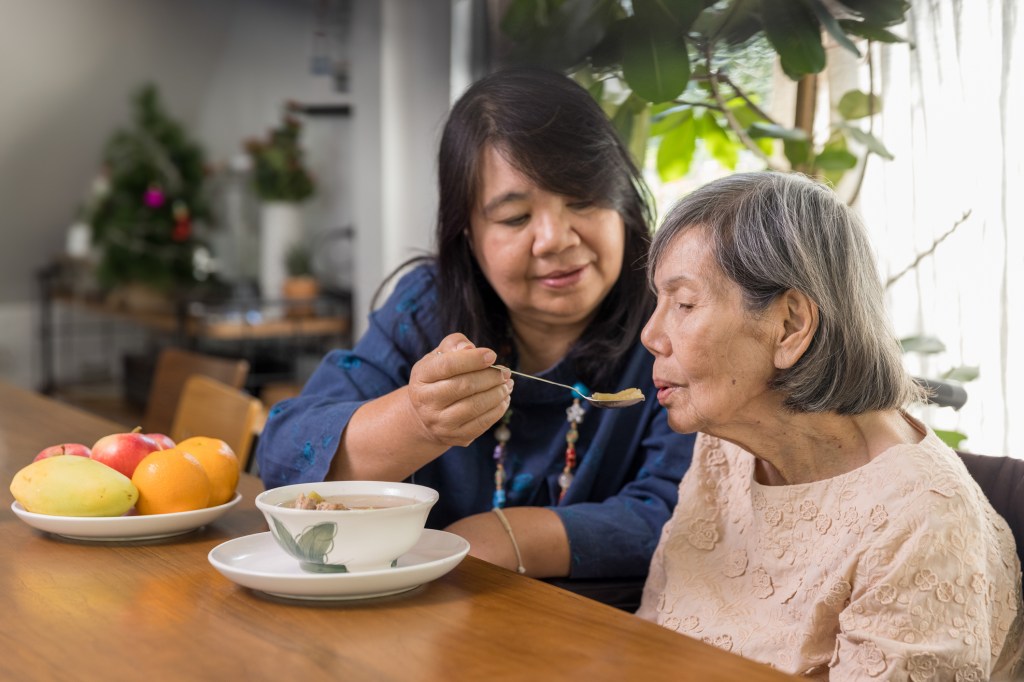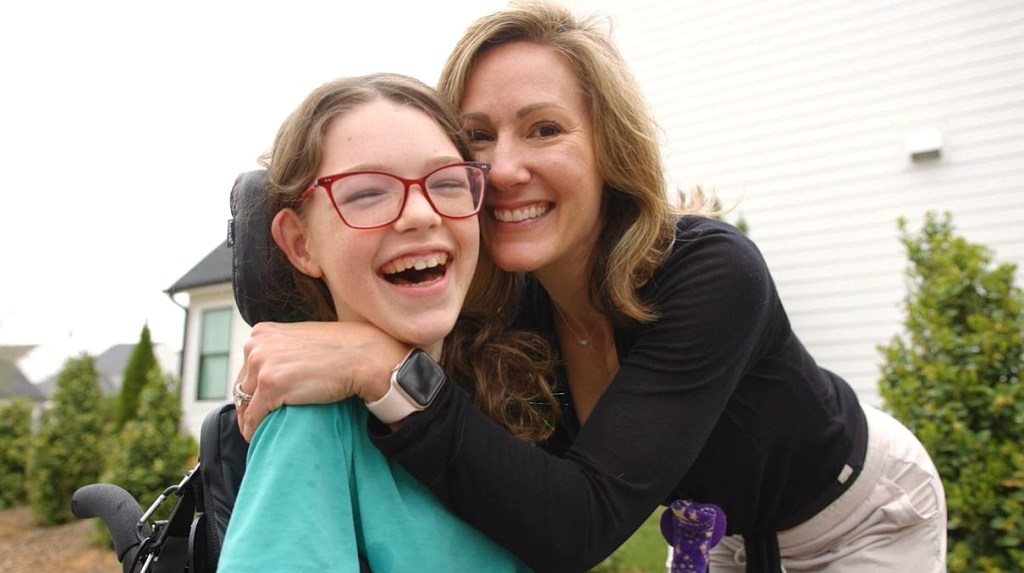
Staying Healthy and Hydrated During the Summer
Staying healthy, hydrated and cool during the hot summer months can be especially important for elders and people with disabilities. Caregivers, too, should recognize if they are experiencing issues due to excessive sun exposure or lack of hydration. If you are providing care to an individual, it is a good idea to understand what dehydration is, what the symptoms are, and ways to combat and prevent health problems during the summer.
What is dehydration?
Dehydration occurs when your body loses more fluid than it takes in. Reasons for dehydration may be as simple as not drinking enough fluids if you are ill, exercising in the heat and not replenishing with water, excessive sweating, diarrhea, fever, forgetting to drink during the day and excessive urination.
Who is at risk?
Young children, older adults, people with chronic illnesses and individuals with disabilities are at a higher risk. As we age, we really don’t know when our body is overheating. The body circulation is slowing down, and many older adults are not feeling the heat. These individuals may not recognize it is time to slow down or get out of the sun. Our body tries to compensate when it is overheating by sweating, but many older adults sweat less, so the body is not able to cool down.
What are the symptoms of dehydration?
Signs of mild to moderate dehydration:
- Dry mouth, lips or tongue
- Tiredness or sleepiness
- Thirst
- Decreased urine output
- Dry skin
- Headache
- Constipation
- Dizziness or lightheadedness
If you or someone you knows develops any of these symptoms notify your physician.
Signs of severe dehydration, which could be a medical emergency:
- Extreme thirst
- Irritability and confusion in adults
- Dry mouth and mucous membranes
- Sunken eyes
- No sweating
- Little or no urination or very dark urine color
- Shriveled dry skin
- Low blood pressure
- Muscle cramps
- Rapid heartbeat
- Rapid breathing
- Delirium or unconsciousness in serious cases
If you or anyone you know develops any of these symptoms, call 911.
Here are a few suggestions to keep cool and avoid dehydration during the summer months:
- Stay out of the sun and under the shade
- Dress appropriately
- Wear light colored and loose fitting clothes
- Avoid dark colors
- Wear a straw or a hat with a wide brim
- Drink plenty of fluids
- Drink water, juice, non-alcoholic or decaffeinated drinks
- Pay attention to the weather forecast, plan your outdoor activity
- Apply sunscreen – a sunburn can increase your body temperature
- Avoid the mid-day sun
- Stay indoors, use a fan or air conditioner
- Take a cool shower
- Pace yourself during exercise or outdoor activities
More insights like this:
-

What is the South Dakota Medicaid HOPE Waiver?
Read more: What is the South Dakota Medicaid HOPE Waiver?The Home and Community-Based Options and Person Centered Excellence (HOPE) Waiver is a Medicaid waiver program supporting care for nursing home-eligible individuals in non-nursing home settings with the goal of reducing costs. The program makes it possible for qualifying elderly recipients to remain in community settings, such as their own homes or independent…
-

Get Paid to Be a Caregiver Through Connecticut Medicaid
Read more: Get Paid to Be a Caregiver Through Connecticut MedicaidFamily caregivers improve the quality of life and well-being of their loved ones across Connecticut. They often provide around-the-clock care at home including hands-on support with activities of daily living (ADLs), all while ensuring the health and safety of their loved one. Many caregivers don’t realize they can receive payment and support for…
